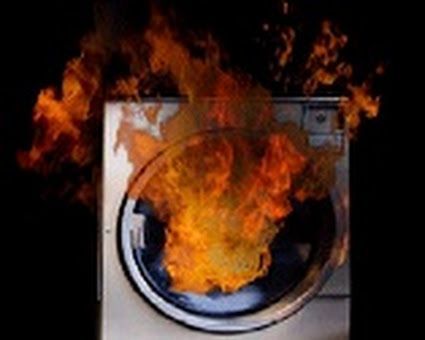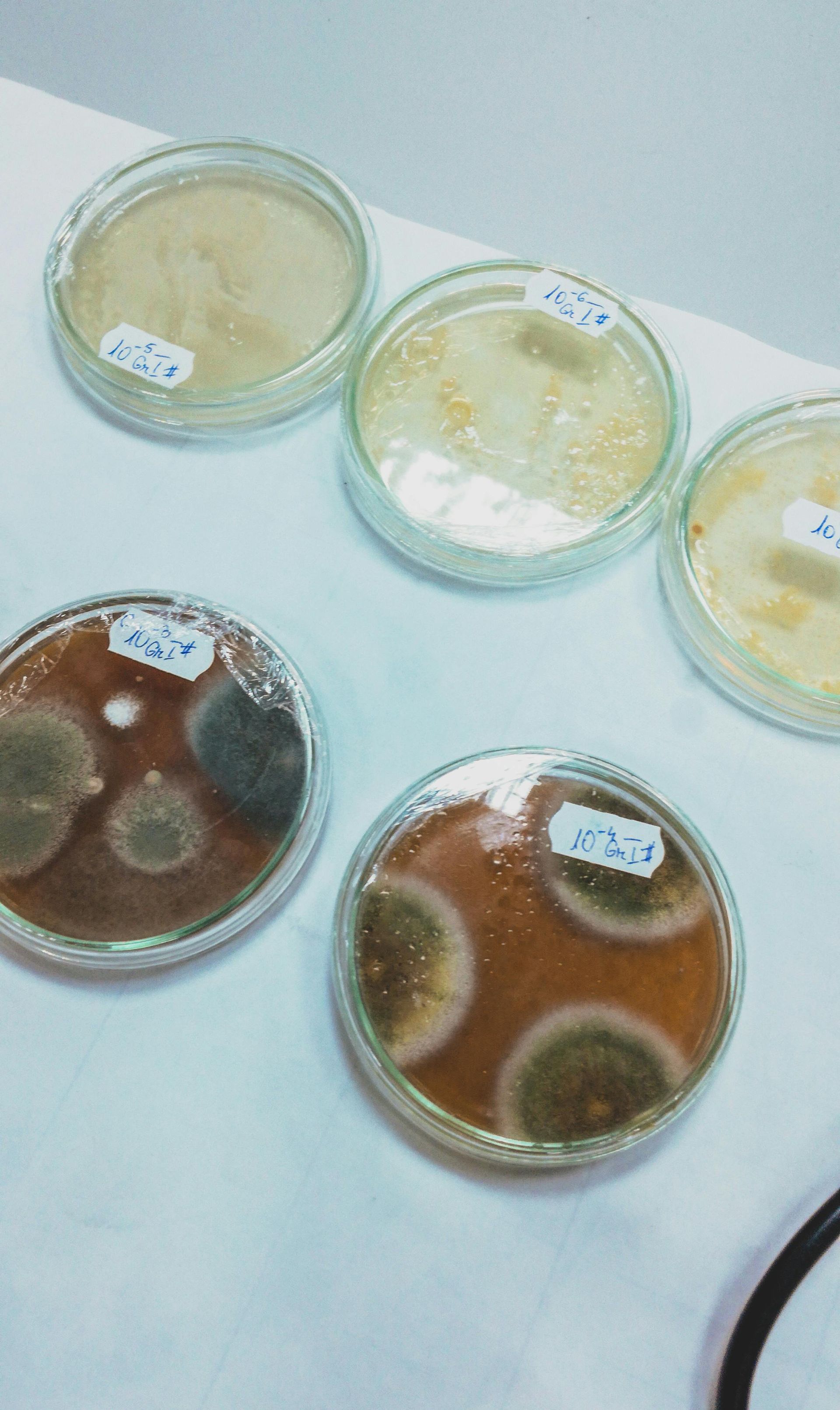What a Musty Basement Might Be Telling You About Your Home’s Air Quality
The Importance of Mold Testing in Split-Level Ranch Homes in Westwood, MA

Split-level ranch homes are a common architectural style throughout Westwood, MA, particularly in neighborhoods developed during the housing boom of the 1950s and 1960s. These homes, with their characteristic mid-century layouts and partially below-grade lower levels, often present unique challenges when it comes to maintaining optimal indoor air quality. PowerBees Incorporated, a leading Indoor Air Quality company in Massachusetts, recently performed mold testing in a 1960s-built split-level ranch home in Westwood, revealing some important insights that highlight the value of routine mold assessments.
Mold Testing Reveals Elevated Spore Levels
The mold inspection conducted by PowerBees identified abnormal levels of Penicillium and Aspergillus in both the basement family room and the utility room. The basement—typical of many split-level homes—was partially below grade and had limited airflow, a combination that can often contribute to elevated humidity levels and moisture retention.
Further investigation through lift-tape surface sampling uncovered high concentrations of active Penicillium on the air conditioning coils within the home’s HVAC system. Given that air is circulated from the HVAC system into every room, this discovery indicates that mold spores may be actively blowing through the ductwork into the main living areas of the home.
Although the homeowners had not reported any specific health issues, a persistent musty odor had been present in the basement for some time. This odor is often an early indicator of microbial growth, even when symptoms are not yet affecting residents.
Why Mold Testing Matters
Mold testing is crucial in identifying both visible and hidden sources of contamination. Testing for mold through air samples and lift-tape samples allows Indoor Air Quality professionals to quantify spore levels, identify mold species, and locate points of contamination. This data provides the foundation for effective remediation and helps ensure that contaminants are not compromising the health of the occupants or the integrity of the home.
In homes like the one tested in Westwood, HVAC systems are frequently located in basements or utility rooms that are more vulnerable to moisture. As a result, they are prone to microbial growth that can quickly become systemic if left unaddressed.
Health Implications of Mold Exposure
Penicillium and Aspergillus are two of the most commonly found indoor molds and can significantly affect indoor air quality. Both genera produce spores that are easily airborne and can be inhaled by occupants. Health effects vary based on exposure levels, individual sensitivities, and pre-existing conditions, but may include:
- Persistent coughing or wheezing
- Eye, nose, and throat irritation
- Sinus congestion or infections
- Asthma aggravation or onset
- Allergic reactions
Cladosporium, another common indoor mold, was not identified in this case but is frequently found in homes with similar conditions. Like Penicillium and Aspergillus, Cladosporium can contribute to respiratory issues and allergy symptoms, especially in vulnerable individuals such as children, the elderly, or those with compromised immune systems.
Historical Context of Westwood, MA
Westwood, incorporated in 1897, is a suburban community in Norfolk County with a population of just over 16,000 residents. The town blends residential neighborhoods with open green space, schools, and a robust public infrastructure. During the mid-20th century, Westwood experienced a wave of residential development, especially with the popularity of suburban split-level and ranch-style homes.
Its proximity to Boston and excellent school system have made Westwood a desirable location for families, but many of the homes built in the 1950s and 60s now require updates to mechanical systems and moisture management strategies to meet current Indoor Air Quality standards.
HVAC Systems and Mold Contamination
When mold is found on HVAC coils, it can quickly become a widespread issue. Coils often provide a moist, dark environment that is ideal for mold growth. As air passes over these contaminated surfaces, it can pick up spores and distribute them throughout the home via the ductwork. This is why lift-tape samples taken from HVAC components are so valuable—they can pinpoint active growth in a location that directly impacts every room.
Routine HVAC maintenance, including coil cleaning and air duct inspections, is essential for preventing mold buildup. However, even with regular upkeep, conditions such as high humidity and unsealed foundation walls can lead to persistent mold challenges, particularly in older homes.
The Role of Professional Mold Testing
Professional mold testing is a vital first step in addressing Indoor Air Quality concerns. PowerBees uses industry-standard techniques to collect air samples from multiple locations and lift-tape samples from surfaces showing visible signs of contamination. These samples are then analyzed in accredited labs to identify mold species and concentrations.
This scientific approach helps guide recommendations for remediation and informs homeowners about potential health risks. In the Westwood home, the information gathered allowed the homeowner to understand that even without visible mold or health symptoms, airborne contamination was actively affecting their living space.
Protecting Families Through Awareness
As homes age and building materials degrade, the risk of mold growth in basements, crawlspaces, and HVAC systems increases. Homeowners in towns like Westwood should consider routine mold testing, especially if they notice musty odors, experience unexplained allergy symptoms, or live in homes with outdated ventilation systems.
PowerBees continues to serve communities throughout Massachusetts by identifying sources of mold, improving air quality, and protecting families from the long-term consequences of exposure. Mold testing provides peace of mind and lays the foundation for a cleaner, healthier home environment.
Whether your home was built in the 1960s or more recently, understanding how mold behaves and having it professionally tested can help prevent avoidable health issues and costly repairs down the road.


















